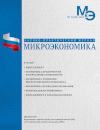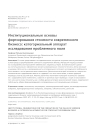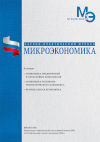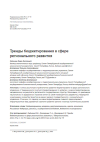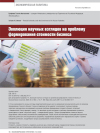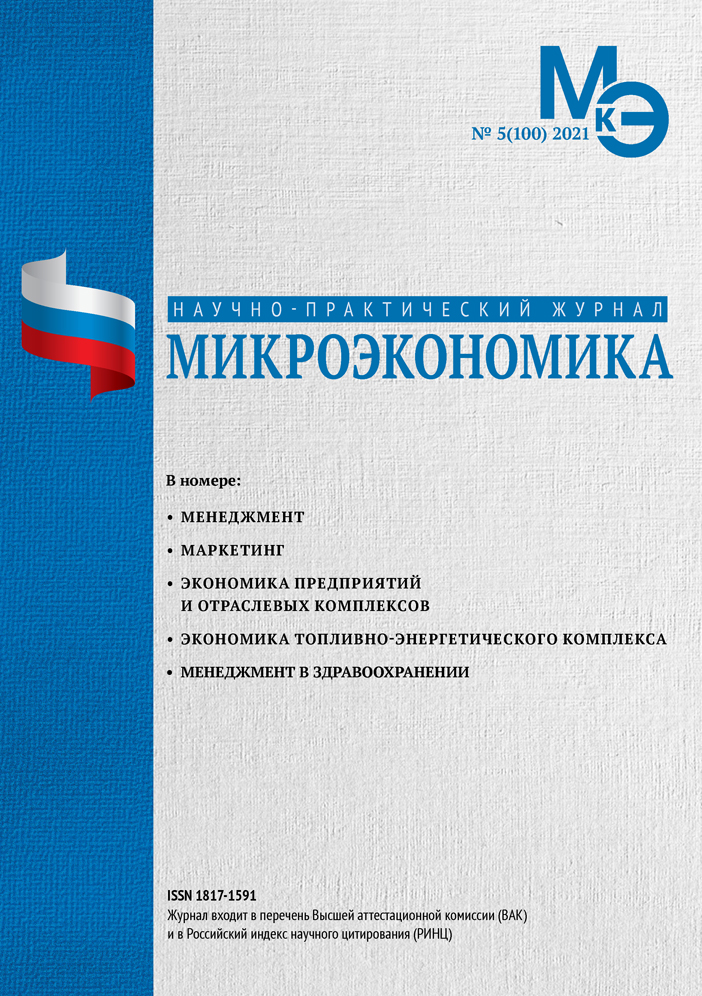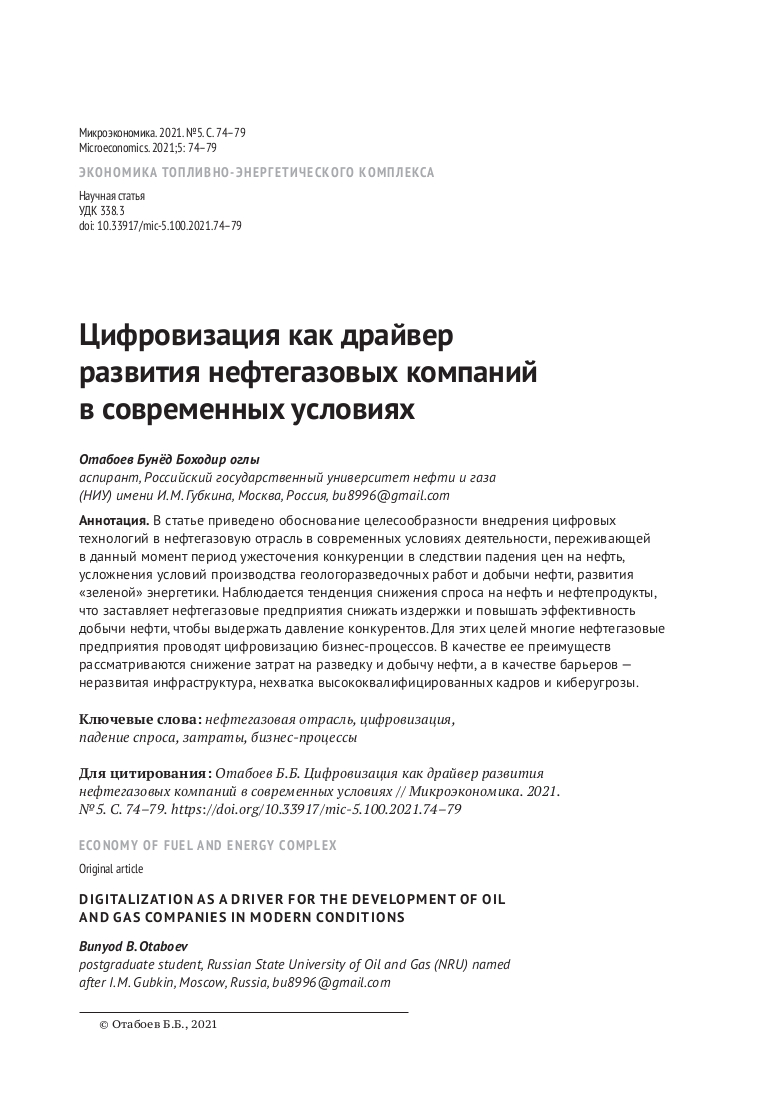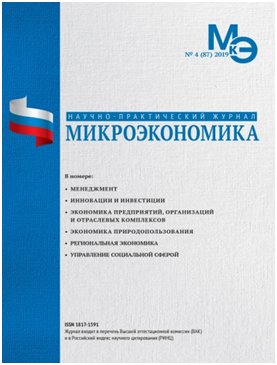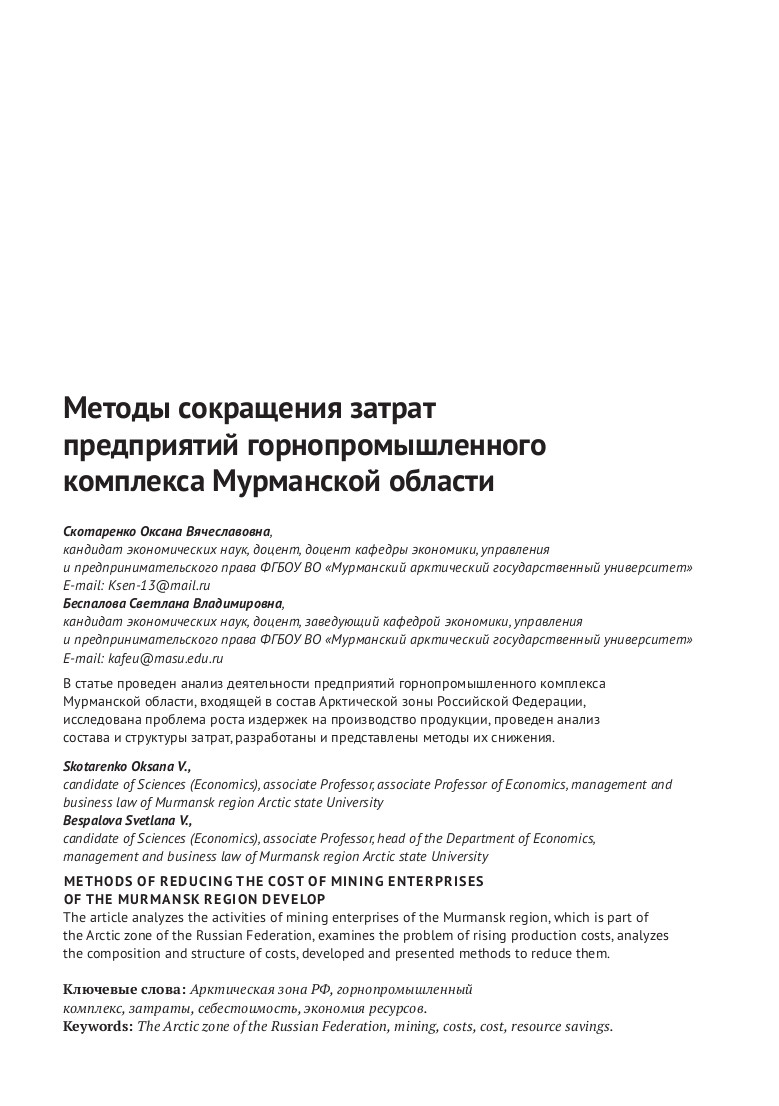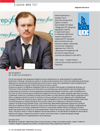Institutional foundations for the formation of the value of modern business: a categorical apparatus for studying the problem field
DOI: 10.33917/mic-1.108.2023.29-35
The article analyzes various research algorithms for studying the institutional foundations of the process of forming the value of modern business. The author focuses on the problem of disordered categories of this area of economic thought. In the scientific and regulatory literature, when describing economic phenomena and processes associated with the concept of “cost”, a number of categories are used (price, cost, cost, costs, economic value), which are often used as synonyms. The inaccuracy and uncertainty of the categorical apparatus within the framework of the issue under study are associated with institutional issues.
References:
1. Coase R. Firm, market and law [transl. from English: B. Pinsker]. Moscow: Liberal Mission Foundation: New Publishing House, 2007. 221 p. ISBN 978-5-98379-087-2.
2. Williamson O.I. Economic institutions of capitalism: Firms, markets, “relational” contracting: [transl. from English]; [Scientific ed. and intro. Art. V. S. Katkalo]. St. Petersburg: Lenizdat, 1996. 702 p. ISBN 5-289-01816-6.
3. North D. Institutions, institutional changes and the functioning of the economy. Persian. from English. A.N. Nesterenko; foreword and scientific ed. B.Z. Milner. Moscow: Fund of the economic book «Nachala», 1997. 180 p. ISBN 5-88581-006-0.
4. North D. Understanding the process of economic change. per. from English. K. Martynov, N. Edelman. Moscow: Ed. house of the State un-ta – Higher. school Economics, 2010. 253 p. ISBN 978-5-7598-0754-4.
5. Macmillan’s Dictionary of Modern Economic Theory / General ed. D.W. Pierce; per. from English. Moscow: INFRA-M, 1997. 608 p. ISBN 5-86225-453-6.
6. Dictionary of financial and economic terms / A.V. Sharkova, A.A. Kilyachkov, E.V. Markina and others; under total ed. M. A. Eskindarova. – 3rd ed. M.: Publishing and Trade Corporation «Dashkov and Co», 2020. 1168 p. ISBN 978-5-394-02995-0.
7. Osipov Yu.M. Theory of economy. Textbook in 3 volumes. Vol. 1: General grounds. Moscow: Moscow State University: TEIS, 1995. 458 p. ISBN 5-7218-0026-0.
8. Razberg B.A. Modern Economic Dictionary / Raizberg B. A., Lozovsky L. Sh., Starodubtseva E. B. – 2nd ed., corrected. Moscow: Ed. house «INFRA-M», 1998. 476 p. ISBN 5-86225-758-6.
9. Financial and credit encyclopedic dictionary = Finance and credit encyclopedic glossary / General. ed. A.G. Gryaznova. M.: Finance and statistics, 2004 (OAO Type. News). 1165 p. ISBN 5-279-02306-X.
10. Dictionary of the Russian language: 52000 words / Comp. S. I. Ozhegov; under total ed. acad. S. P. Obnorsky. – 2nd ed., Rev. and additional Moscow: State. foreign publishing house and national dictionaries, 1952. 848 p.
11. Osipov Yu.M. Theory of economy. Textbook in 3 volumes. Vol. 1: General grounds. Moscow: Moscow State University: TEIS, 1995. 458 p. ISBN 5-7218-0026-0.
12. New Philosophical Encyclopedia: in 4 volumes / Institute of Philosophy Ros. acad. Sciences, National social-scientific fund; Scientific-ed. advice: V. S. Stepin [and others]. Moscow: Thought, 2000-2001. ISBN 5-244-00961-3. URL: https://rus-philosophical-enc.slovaronline.com/


